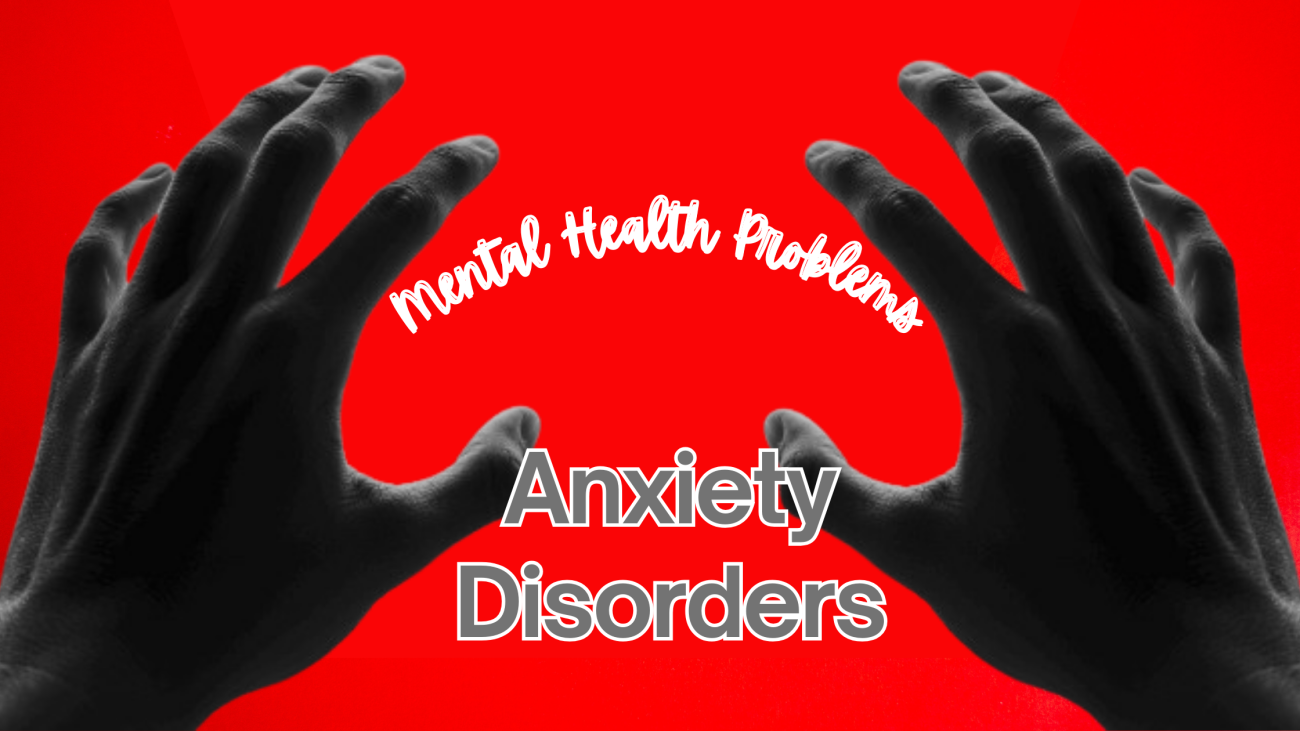Introduction
Anxiety disorders are some of the most prevalent mental health conditions globally. They are characterized by excessive worry and fear that can significantly interfere with daily life. Nurses and midwives, due to the nature of their professions, are at an increased risk of experiencing anxiety disorders. This blog aims to provide a foundational understanding of anxiety disorders, their common types, and how they can manifest in healthcare professionals.
What are Anxiety Disorders?
Anxiety disorders are a group of mental health conditions characterized by persistent and excessive worry and fear. These feelings can be accompanied by physical symptoms such as rapid heart rate, sweating, dizziness, and shortness of breath. While everyone experiences anxiety occasionally, individuals with anxiety disorders experience these symptoms at a level that disrupts their daily routines and well-being.
Common Types of Anxiety Disorders
There are several different types of anxiety disorders, each with its own set of characteristics. Some of the most common types include:
- Generalized Anxiety Disorder (GAD): People with GAD experience excessive worry and anxiety about a variety of everyday things, such as finances, health, relationships, or work.
- Panic Disorder: This disorder is characterized by sudden and unexpected panic attacks, which are intense episodes of fear or discomfort accompanied by physical symptoms such as chest pain, shortness of breath, and dizziness.
- Social Anxiety Disorder (Social Phobia): Individuals with social anxiety disorder have a persistent and intense fear of social situations where they may be scrutinized or judged by others.
- Obsessive-Compulsive Disorder (OCD): OCD is characterized by recurrent, intrusive thoughts (obsessions) and repetitive behaviors (compulsions) that a person feels driven to perform.
How Anxiety Disorders Impact Nurses and Midwives
Nurses and midwives work in demanding environments that can be highly stressful. They are often exposed to traumatic situations, long hours, and emotional challenges. These factors can significantly increase the risk of developing anxiety disorders.
Here’s how anxiety disorders can impact nurses and midwives:
- Increased absenteeism: Anxiety can lead to difficulty concentrating, sleeping problems, and physical symptoms that may make it difficult to come to work.
- Reduced job satisfaction: Anxiety can take a toll on a nurse or midwife’s enjoyment of their work.
- Diminished patient care: When struggling with anxiety, nurses and midwives may find it challenging to provide the level of care and compassion they strive for.
- Increased risk of burnout: Anxiety combined with the stressors inherent to the profession can contribute to burnout, a state of emotional exhaustion, cynicism, and reduced efficacy.
Signs and Symptoms of Anxiety Disorders in Nurses and Midwives
Nurses and midwives experiencing anxiety disorders may exhibit some of the following signs and symptoms:
- Excessive worry and fear about work performance, patient outcomes, or making mistakes.
- Difficulty concentrating or focusing on tasks.
- Irritability and impatience with colleagues or patients.
- Physical symptoms such as fatigue, headaches, stomach aches, or muscle tension.
- Difficulties sleeping or maintaining a healthy sleep schedule.
- Avoidance of challenging situations or patients.
- Increased use of alcohol or drugs to cope with anxiety.
Importance of Seeking Help
It is crucial for nurses and midwives to recognize the signs and symptoms of anxiety disorders and seek professional help. Anxiety disorders are highly treatable with various approaches, including:
- Cognitive-behavioural therapy (CBT): This type of therapy helps individuals identify and change negative thought patterns that contribute to anxiety.
- Medication: Anti-anxiety medications can be helpful in managing symptoms of anxiety disorders.
- Mindfulness and relaxation techniques: Techniques such as deep breathing exercises and meditation can help manage anxiety symptoms.
Self-Care Strategies for Nurses and Midwives
In addition to seeking professional help, there are several self-care strategies that nurses and midwives can employ to manage anxiety:
- Maintain a healthy lifestyle: Regular exercise, a balanced diet, and adequate sleep are essential for managing anxiety.
- Practice relaxation techniques: Techniques such as yoga, meditation, and deep breathing can help reduce anxiety symptoms.
- Set boundaries: Learn to say no to extra work or responsibilities when feeling overwhelmed.
- Seek social support: Talk to trusted friends, family members, colleagues, or a therapist about your experiences.
- Utilize employee assistance programs (EAPs): Many healthcare institutions offer confidential counselling and support services to employees.
Workplace Support for Nurses and Midwives with Anxiety Disorders
Healthcare institutions can play a vital role in supporting nurses and midwives with anxiety disorders. Here are some ways to create a supportive work environment:
- Promote mental health awareness: Educate staff about anxiety disorders and reduce the stigma surrounding mental health issues.
- Provide flexible work arrangements: Consider offering flexible scheduling or reduced workloads to accommodate the needs of employees with anxiety disorders.
- Employee assistance programs (EAPs): Offer confidential mental health counselling services through an EAP.
- Promote self-care: Encourage breaks, healthy eating habits, and stress management techniques.
Conclusion
Anxiety disorders are prevalent among nurses and midwives. It is a serious mental health condition that can significantly impact the lives of nurses and midwives. Recognizing the signs and symptoms and seeking professional help are crucial for managing anxiety effectively. However, with proper diagnosis, treatment, and support, nurses and midwives can learn to manage their anxiety and thrive in their demanding professions. Remember, prioritizing your mental health is essential for providing quality care to your patients.


